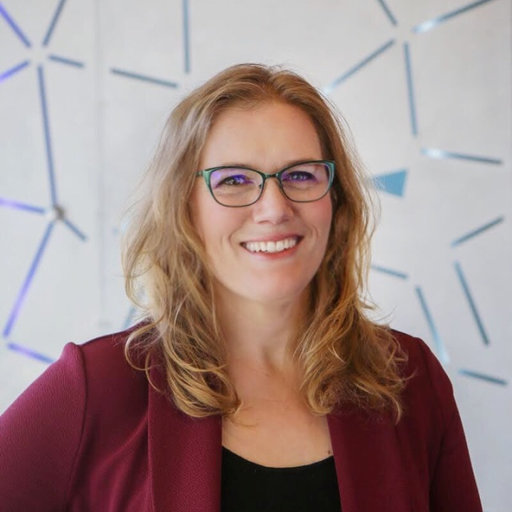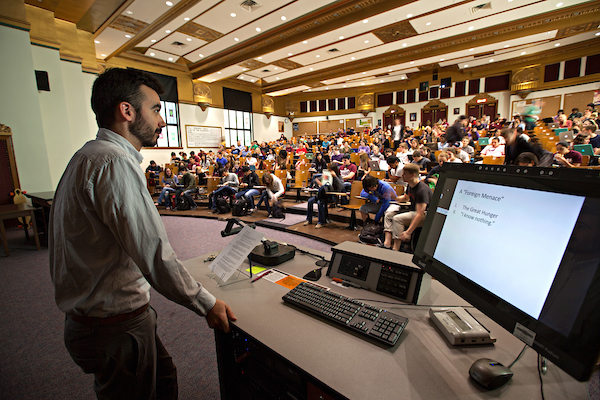
Dr. Dara Wald has been named to the 2024 class of the Andrew Carnegie Fellows Program by the Carnegie Corporation of New York.
Wald is a tenured Texas A&M University College of Agriculture and Life Sciences associate professor in the Department of Agricultural Leadership, Education and Communications. She is also a research fellow at the Institute for Science, Technology and Public Policy.
“This is a momentous honor for Dr. Wald,” said Texas A&M University Provost and Executive Vice President Dr. Alan Sams. “The Carnegie Fellowship is one of the most prestigious fellowships given to scholars in the humanities and social sciences, and we are very proud of her work. Her research clearly demonstrates a relevant and trailblazing area of study with profound real-world implications. It is a remarkable and well-deserved honor.”
Wald is one of 28 distinguished scholars selected from over 360 nominations for the honor, and Texas A&M's third recipient - Valerie M. Hudson (2015) and Matthew Fuhrmann (2016). According to the Carnegie Corporation, each winner will receive up to $200,000 for research that seeks to understand how and why society has become polarized and how it can strengthen the forces of cohesion to fortify democracy.
Wald was sitting at her office desk on a Friday when she got the email.
“I was completely shocked,” she said. “For academics, this time of the year is such an intense period. The semester is wrapping up, and everybody’s tired. To get this news, particularly at this time of year, is thrilling. I am very excited about the possibilities this creates for my research program.”
Wald’s work demonstrates the value and need for interdisciplinary scholarship to address polarized perspectives of agricultural and environmental issues.
“The importance of Dr. Wald’s work cannot be overstated,” said Dr. Jeffrey W. Savell, vice chancellor and dean for Agriculture and Life Sciences. “Her ongoing research engages in public conversations throughout agricultural, life and environmental sciences, opening key dialogue about public perceptions of complex science issues.”



